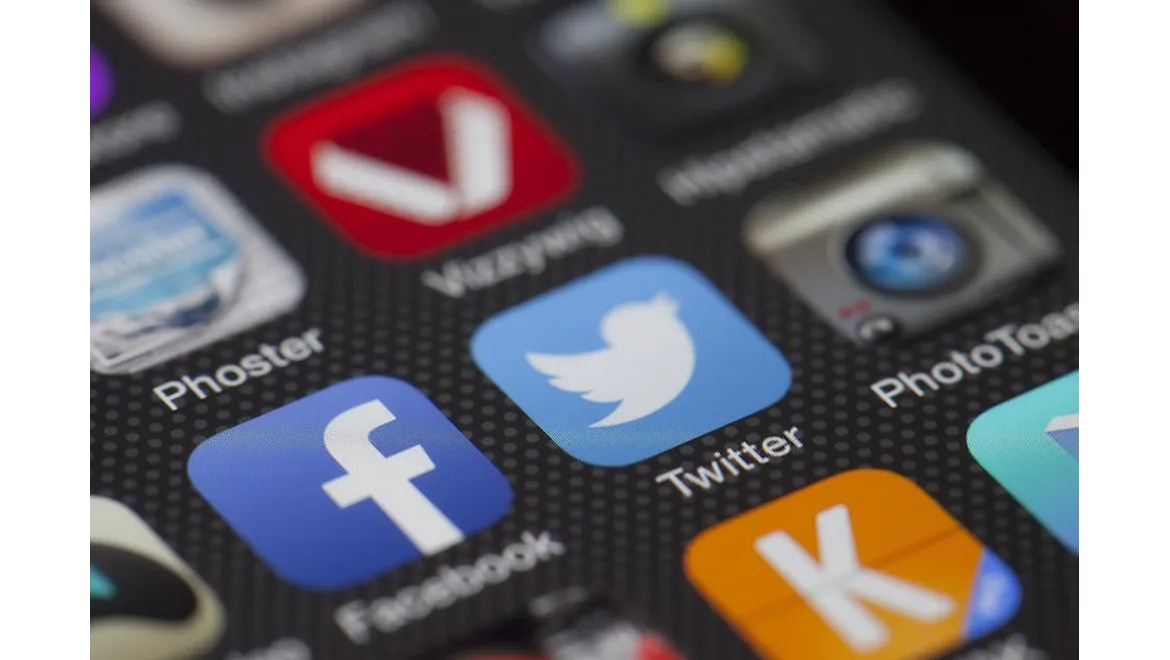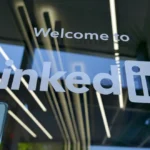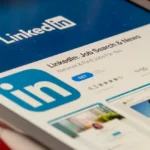Right, so I was chatting with Noah the other day about how businesses are really upping their game with Facebook. We weren’t just talking about basic posts and boosting, but diving deep into how it’s becoming the central hub for all their marketing efforts. It was fascinating, and I wanted to share some of the lightbulb moments we had.
More Than Just a Like: Understanding Your Audience
First things first, we both agreed that before you even think about integration, you need to really understand your audience on Facebook. It’s not enough to just know their demographics. You need to understand their interests, their behaviours, the content they engage with most. Facebook Insights is your best friend here. Spend time digging into the data. What are their common interests outside of your product or service? What other pages do they like? What kind of content gets the most engagement? This information is gold dust when you’re planning your multi-channel approach.
Building the Bridge: Connecting Online and Offline
Okay, so you know your audience inside out. Now, how do you connect Facebook to your other channels? This is where the magic happens. We talked about a few specific ideas:
-
Email Marketing Integration: This is a classic, but often underutilised. Imagine you run a special Facebook offer. Why not trigger an automated email sequence to people who engaged with that offer but didn’t convert? Remind them of the deal, offer an extra incentive, or share customer testimonials. You can use Facebook Custom Audiences to match email subscribers with Facebook users, allowing you to target them with ads on the platform too. Think of it as gentle nudging from different directions.
-
Offline Event Promotion: Running a workshop, a conference, or even a sale in your brick-and-mortar shop? Use Facebook Events to promote it, but don’t stop there. Capture email addresses at the event and use them to create a custom audience on Facebook. Then, you can target these people with follow-up messages, special offers, or content related to the event. We even discussed using Facebook location-based ads to target people who are physically near your store, reminding them of ongoing promotions.
-
CRM Integration: This is a bit more advanced, but incredibly powerful. Integrating your CRM (Customer Relationship Management) system with Facebook allows you to track customer interactions across all channels in one place. You can see which Facebook ads a customer clicked on before making a purchase, what emails they opened, and what products they viewed on your website. This gives you a holistic view of their customer journey and allows you to personalise your marketing messages even further. For example, if a customer abandoned their shopping cart on your website, you could trigger a Facebook ad showing them the items they left behind, along with a special discount.
-
Lead Generation Forms on Facebook: Not every channel needs to be an overt sales funnel. Lead generation ads let you capture customer information (name, email, phone number) directly within Facebook. Then, you can nurture these leads through email, phone calls, or even personalized messages on Facebook Messenger. Just make sure you have a clear privacy policy and obtain explicit consent before collecting their data.
Consistency is Key: Creating a Seamless Brand Experience
Noah and I both stressed that consistency is absolutely critical. Your brand voice, your visuals, your messaging – it all needs to be consistent across all channels. Imagine seeing a beautifully designed Facebook ad, clicking through to a clunky, outdated website, and then receiving a poorly written email. That’s a terrible experience and will damage your brand reputation. Invest time in creating a cohesive brand experience across all touchpoints. Use the same colour palettes, fonts, and imagery. Craft a clear and consistent brand message that resonates with your audience, no matter where they encounter your brand.
The Ethical Compass: Doing it Right
Of course, with all this data and targeting power, ethical considerations are paramount. We spent a good chunk of time discussing the importance of transparency and respect for customer privacy. Be upfront about how you’re using their data. Obtain explicit consent before collecting and using their information. And always, always provide an easy way for people to opt out of your marketing messages. Building trust with your audience is essential for long-term success.
In essence, Facebook’s utility stretches far beyond just social interaction. By understanding your audience, integrating your online and offline strategies, and maintaining brand consistency, you can create a powerful multi-channel experience that drives results. Most importantly, remember that ethical considerations must be at the forefront of every step, this will allow you to build trust with your audience which will ultimately provide the largest reward.











